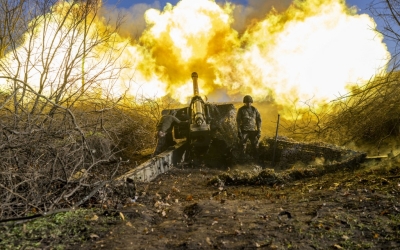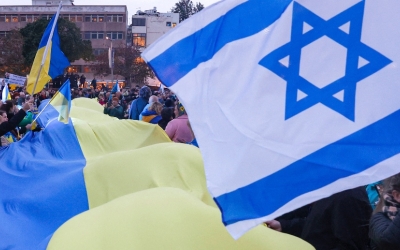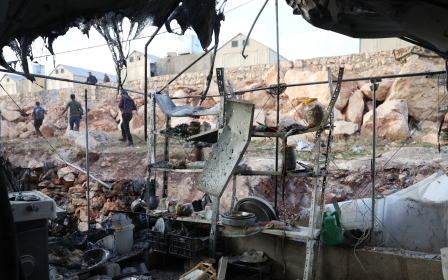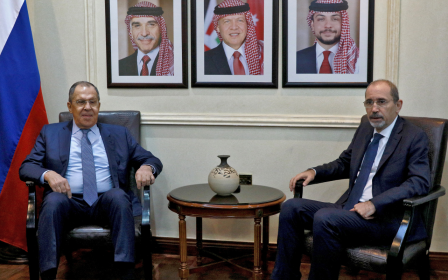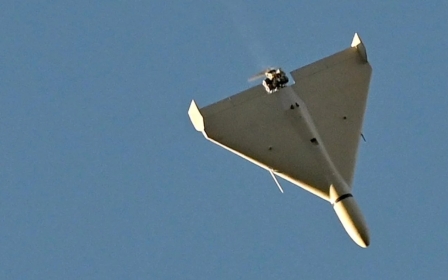Israel behind massive air strike on Iranian convoy, reports say
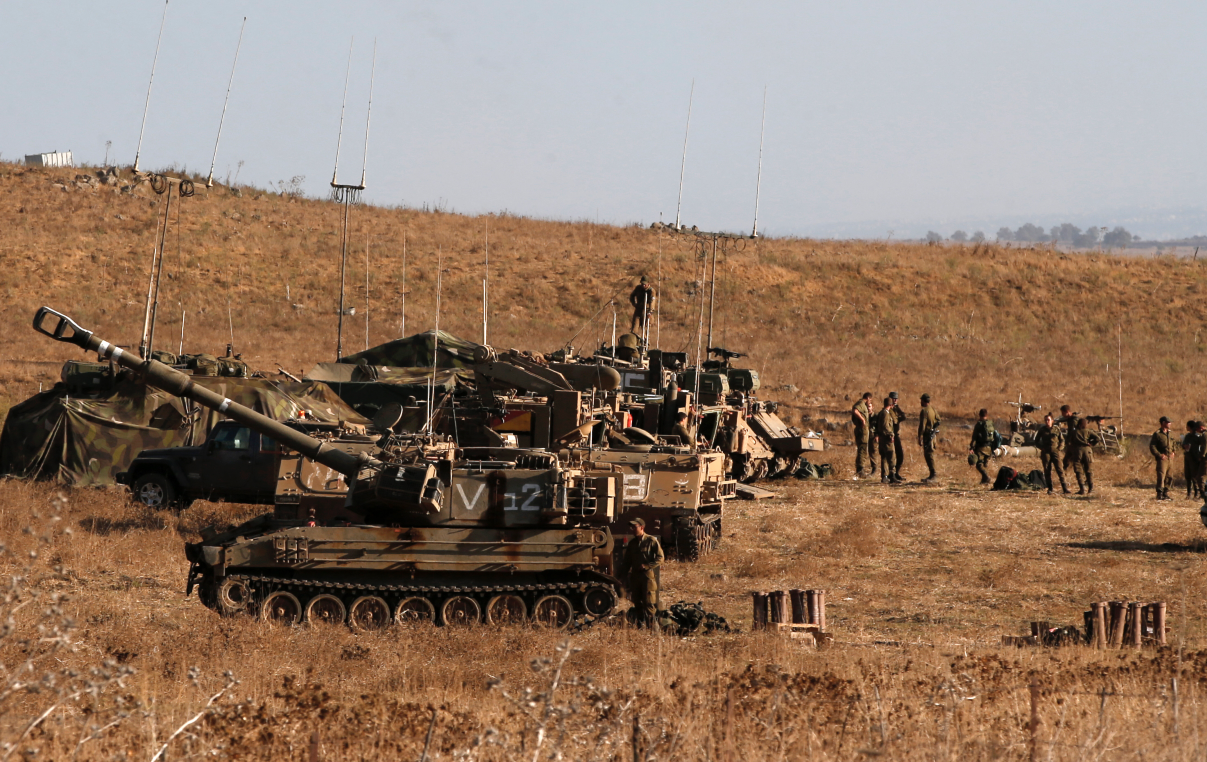
At least 14 people were killed in an air strike targeting a convoy of Iranian fuel trucks crossing from Iraq into Syria near the Al-Qaim-Albu Kamal border between Syria and Iraq on Tuesday night, according to the Britain-based Syrian Observatory for Human Rights.
Reports claim the convoy was suspected of smuggling missiles and munitions when it came under attack.
Iranian state television reported on Wednesday that a convoy of fuel tankers had come under a US drone attack after crossing into Syria.
Iran has been providing fuel to its Lebanese ally, Hezbollah, inside Syria. In September, Tehran said it was prepared to send 600,000 tonnes of fuel directly to the Lebanese state as the Mediterranean country copes with power shortages caused by its economic meltdown.
The US-led coalition fighting the remnants of the Islamic State group in Iraq and Syria said that neither it nor any coalition countries carried out the raid.
According to the Wall Street Journal, the attack was carried out by Israel, which has been engaged in a long-running shadow war with Iran. Israel frequently conducts air strikes in Syria to prevent Tehran and its proxies from gaining a foothold along its border. The WSJ reported at least 10 casualties, with some of those killed including Iranian nationals.
The Israeli military declined to comment on the strike.
Israel has, however, repeatedly said it will not allow its arch-rival Iran to deepen its presence in Syria. Israeli officials have publicly cited the country's air campaign in Syria as a reason for continuing to engage with Russia, despite the war in Ukraine.
Entrenched proxies
Moscow is a key backer of Syrian President Bashar al-Assad and maintains air defence systems in Syria, but has generally allowed Israel to target Iranian assets at will.
Israel has escalated its strikes on Syria over the last few months. In September, it launched attacks on both the Damascus and Aleppo airports. Those strikes came after reports that Tehran had turned to commercial airlines to supply arms to its allies in Syria and Lebanon.
Hezbollah and other pro-Iranian militias were crucial to allowing Assad to defeat his opponents in the Syrian civil war. Iran maintains a major presence around the Iraq-Syria border, and its forces are heavily deployed south and west of the Euphrates in Syria’s Deir Ezzor province.
The Albu Kamal border area has been a frequent site of air raids. The US claimed responsibility for a February 2021 strike in the area that it said targeted Iranian-backed militias.
In September last year, attack drones operated by an unidentified military struck a convoy belonging to Iraq's Hashed al-Shaabi, a former paramilitary force made up mainly of pro-Iran militias, killing at least three people.
The latest strike comes as Israel prepares for a new government, expected to be headed by former prime minister Benjamin Netanyahu, who campaigned to take a more hawkish approach to Iran.
Hopes for a return to the 2015 nuclear deal and a thaw in regional tensions have all but evaporated, with protests raging in Iran and Tehran providing military support for Russia’s invasion of Ukraine.
Middle East Eye delivers independent and unrivalled coverage and analysis of the Middle East, North Africa and beyond. To learn more about republishing this content and the associated fees, please fill out this form. More about MEE can be found here.


